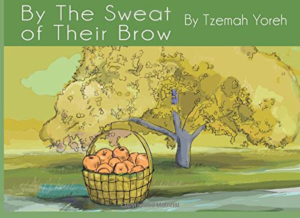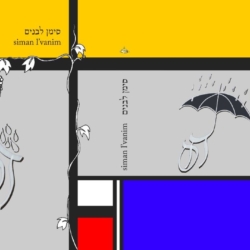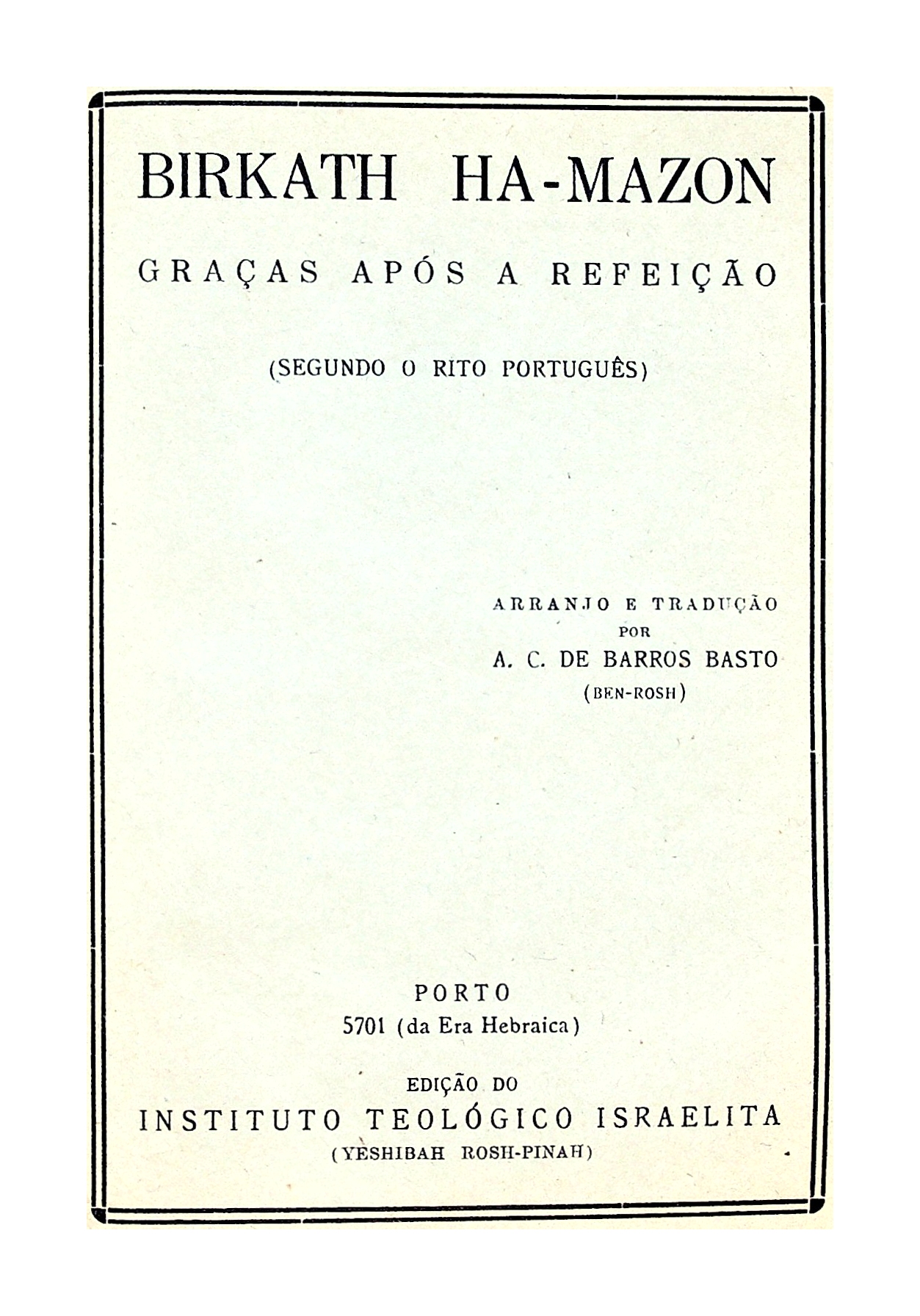I am a humanist. I am a feminist. I am an environmentalist. I am a libertarian. I am a pacifist. I believe in democracy. I am an agnostic. Traditional Jewish prayer is not any of these “ists” or “ics”; it reflects the worldview of the rabbis 1500 years ago, who may have been quite sagacious but did not share many of my values. The minor and major edits, deletions, and additions to which liberal Jews of this day and age have treated their prayers have inserted some of these sentiments, but for the most part the macro structure of prayers has been preserved, making it difficult for people to engage with the prayer in a straightforward way. The composers of liberal prayer books understand this, and thus we find the phenomenon of alternative or additional English readings and/or very creative translations that bear little relationship to the original prayer. There is another way forward, though. We can compose new prayers and poetry in the original Hebrew that reflect our values and revitalize our canon. This is the way I chose.
Many of our best times are spent eating. Jewish liturgy, however, is sparing on its blessings before eating (focusing much of its energy on blessings after eating). The blessings before food are generic formulae, and except for very specific foods and drinks (such as wine, bread, and matzah), all foods lump into three or four categories (fruit, vegetables, grains, and everything else). As a foodie, I’d like to celebrate each and every distinct taste through the prism of Jewish experience, and thus have tried to compose as many short poems as possible in their honor.
[If you would like to purchase a completely formatted edition of this work, please purchase By the Sweat of Their Brow by Tzemaḥ Yoreh — ed.]

“📖 By the Sweat of their Brow, a Humanist Birkon by Dr. Tzemaḥ Yoreh (2013)” is shared through the Open Siddur Project with a Creative Commons Attribution-ShareAlike 4.0 International copyleft license.








The central theme to our brachot before and after eating is sanctification. We sanctify the bread and wine as cocreators before we partake and thank god for our bounty after – v’achalta, v’savatha, u’veractah. One of the most beautiful prayers in all of our liturgy is the very first
bracha in birkat hamazon; thanking god for providing to every being his/her needs.
It is quite lovely to expound on what is already there. Stingy? I think not. Sometimes less is more.
I agree with Jay. “Stingy” does seem to be an anachronistic judgment of the blessings before foods — but maybe you meant something different by “stingy,” Tzemaḥ? I appreciated this teaching on the blessings as sanctifications from Rabbi David Seidenberg (neohasid.org):
Maybe the blessings before the foods are “generic” but I’ve always felt that their depth hasn’t been well understood within what I believe is their mythical framework. The formulations, “creator of fruit of the Tree,” “fruit of the Adamah,” “fruit of the Vine,” I think should be understood mythically as referring to *the* Tree (of Life), *the* Adamah (from which all Life emerged), *the* Vine (a/k/a Tree of Knowledge).
Aharon, Jay,
I am not Dissing traditional blessings!!!!
stingy means there are simply very few of blessing before food. Generic simply means they use the same terminology.
The blessings that exist are meaningful, they are just few (do we really need to quibble over terminology guys)
Before completely writing ,my project off, why don’t you actually read the blessings I wrote….
אל תסתכל בקנקן אלא במה שיש בו – do not judge a book by its cover
I totally agree with Brakhot 35A, and the aspect of Meilah, that is why I wrote the blessings!!!!!!
Thanks for clarifying Tzemaḥ.
I see that I made a few spelling and syntax errors, sorry for writing in haste